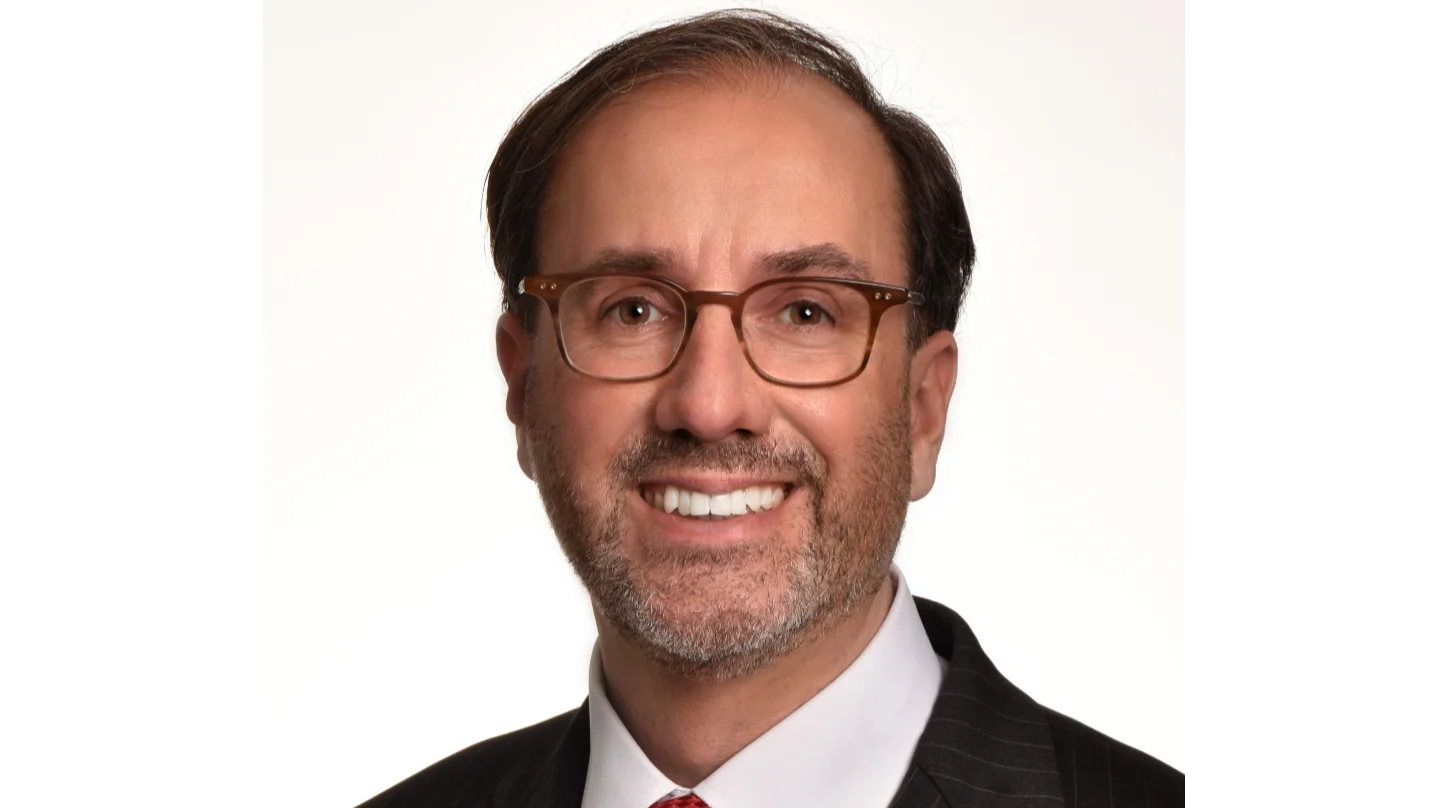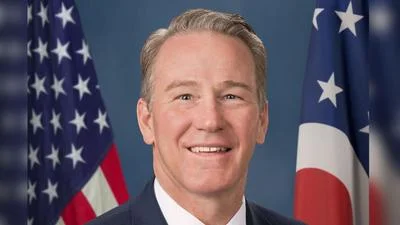Robert Alt President and Chief Executive Officer | The Buckeye Institute, OH
Robert Alt President and Chief Executive Officer | The Buckeye Institute, OH
The Buckeye Institute has submitted an amicus brief to the U.S. Supreme Court in the case National Republican Senatorial Committee v. Federal Election Commission (NRSC v. FEC). The organization is urging the Court to overturn its previous decision in Federal Election Commission v. Colorado Republican Federal Campaign Committee, also known as Colorado II, which upheld restrictions on coordinated expenditures between political parties and candidates.
Jay R. Carson, senior litigator at The Buckeye Institute, stated: “In his dissent in Colorado II, Justice Clarence Thomas asked a simple question: Has the government demonstrated that coordinated expenditures by political parties give rise to corruption? This case gives the U.S. Supreme Court the opportunity to answer Justice Thomas’s question with an emphatic no.”
The Buckeye Institute's brief argues that such coordinated expenditures do not present a greater risk of corruption than independent spending by individuals or political action committees—both of which are currently allowed under campaign finance law. The group contends that restrictions imposed by the FEC represent an excessive limitation on free speech.
According to The Buckeye Institute, existing Supreme Court precedent maintains that Congress may only limit speech in elections for the purpose of preventing quid pro quo corruption or its appearance. The brief claims there is no substantial evidence that coordinated party spending leads to this type of corruption.
The organization also asserts that allowing coordinated expenditures could promote political accountability since national, state, and local parties are responsible for supporting a broad slate of candidates and a public platform.






 Alerts Sign-up
Alerts Sign-up